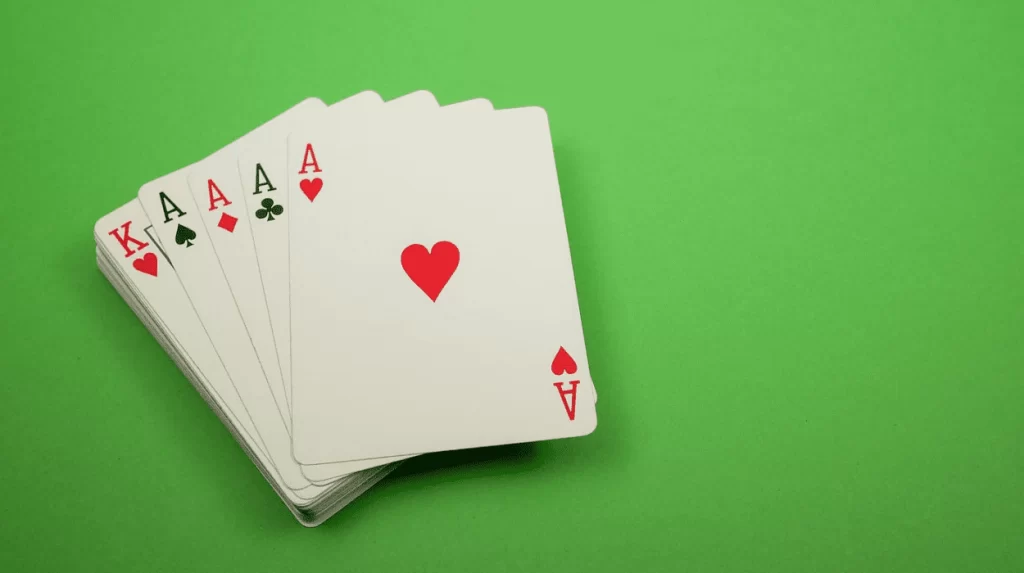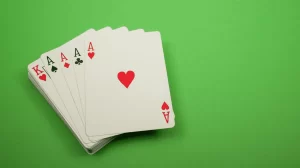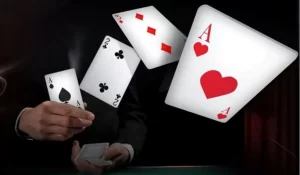Rummy Variants That May Surprise You

Rummy is a fantastic game that can provide hours of fun and challenge, as well as helping to build relationships and improve cognitive abilities. It’s also the inspiration behind some other popular card games, such as Pinochle and Bridge.
In this game, players are dealt 13 cards each and must form sets or sequences from them to win. Pure sequences are made up of three consecutive cards of one suit without a joker (whether wild or printed).
Rummikubh
This tile-based version of the classic card game sees players using 104 tiles numbered one through 13 in four different colors, plus two jokers. The goal is to create groups (sets) or runs (three consecutive cards of the same suit) from three consecutive tiles in ascending order from 1-13 and two unique jokers.
Rummikubh is an excellent choice for people who want something both enjoyable and challenging that helps build sequencing and pattern recognition skills.
To play this card game: a minimum of two people are required; the dealer hands out 13 cards to each person; then a draw pile and discard pile are formed; finally, players take turns drawing one card from either the draw or discard piles until someone goes out.
Like Point Rummy, Sequence and Set Rummy also require you to make sets or sequences in order to score points off your opponents’ hands. One thing to be mindful of here though is that if you have unmatched cards when someone goes out, it will negatively impact your score. Other variations include 500 Rummy, Michigan Rummy, Persian Rummy or Pinochle Rummy—each with slightly altered rules depending on where you’re playing.
Oklahoma Rummy
Oklahoma Rummy takes after Gin Rummy in terms of creating melds—groups of cards following specific patterns—in order to win. Two to four players can play this popular game, which uses a standard 52-card deck.
In this game: face cards are worth 10 points each; number cards are worth their face value; and you can earn bonus points by collecting sets or building sequences of cards. The goal is to create pure sets and sequences with as few deadwood cards (that can’t be used in melds or runs) in your hand as possible. Achieve that and you’ll score 10 points for every card that wasn’t used when the winner knocks.
If you’re looking to challenge yourself and hone your skills further, give Oklahoma Rummy a try! Play it with friends, family or online.
Pinochle
One of the interesting things about Pinochle is that its unique gaming components—wild cards and jokers—can add a whole new layer of strategy and gameplay to the original game of Rummy. What’s more, it’s an incredibly social card game!
You can play this one with two to eight people using a standard deck of 52 cards plus four printed jokers (for a total of 108). To win, all players must create melds or sequences of seven cards—the first person to do so wins the entire game.
Pinochle is a card game that has some of its roots in bezique, which was first introduced to America by German immigrants. Although it is unclear exactly how pinochle was born out of this variant of the game, its name offers a clue: “pinochle” is actually an abbreviation for “binocle,” the French word for two eyes.
A standard deck consists of three different versions: one with cards depicting courtly figures with one eye visible from each profile card, another displaying less stylized faces with two eyes, and a third version that depicts both one-eyed and two-eyed face cards. Pinochle requires only 48 cards from that deck.
21 Card Rummy
21 Card Rummy is an increasingly popular version of Rummy. The rules are simple – you just have to create valid sequences and sets using your dealt cards. However, they are much more complex than traditional forms with tunnela, dublee and upper/lower jokers being thrown into the mix.
In this variant you will be given 21 cards to form at least three pure sequences; here players can also use a set of value cards to replace any card in their hand – making it slightly more difficult than 13 card rummy but equally as exciting and competitive.
The amount won at the end of each deal will be calculated differently compared to most card games. Normally we know whoever gets rid of all their cards first wins; However in 21 card rummy the player who has more points at the conclusion of every deal will take victory instead. It’s designed this way so players are encouraged to build strategy and test new tactics while discouraging them from dropping out early thanks to its penalty system!








